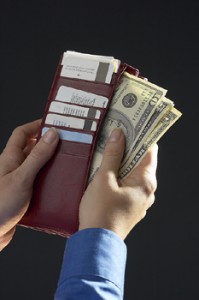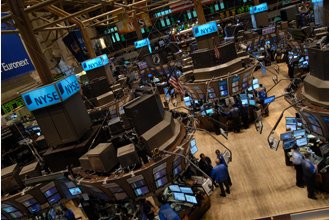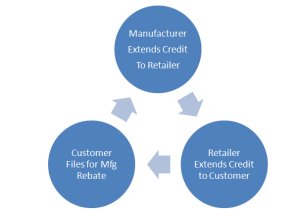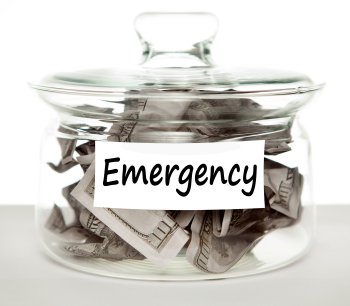The Biggest Mistake I Ever Made With a Credit Card

What happened? I lost my job. Fortunately I had set back a little bit of money and I was able to use that to stay afloat while I looked for new work. But I also had a couple of credit cards with charges on them. I made regular monthly payments on the cards so that my credit wouldn’t be ruined. Also, I didn’t want to have to deal with bill collectors.
As time passed I struggled to find work. As I watched my savings dwindle I realized that I would soon only have enough money to continue making payments on the credit cards. My family was helping me out as best they could. I had a place to stay and food to eat. Otherwise, I was on my own financially.
One day I decided it might be better if I just handled all my expenses through a single credit card. I was writing checks, withdrawing cash from the bank, using a debit card, AND I occasionally made small purchases on both credit cards. So I sent a big payment in to one of the card companies.
A few days after I was sure the payment posted I decided to buy some groceries using the credit card. The card was declined. I couldn’t understand why that should be. So to save time and because there were people in line behind me I just used a debit card to pay for the groceries.
When I got home I called the bank and asked why the card had been declined. I worried that they might have credited the payment to the wrong account. Or, worse, I was afraid my identity had been stolen.
The customer service rep assured me that the bank had received the big payment and applied it to my account correctly. So why did they decline my card? She told me that since I had told the bank I was unemployed the bank made the decision to lower my credit limit as soon as I made that large payment.
In fact, they lowered it so much after that big payment that the account immediately went over limit when the billing cycle finished. I had no warning from the bank that they had put me in the position of being over limit.
To make matters worse, there was no chance of restoring my previous credit limit. So the money I had sent to pay down the card was well spent (at the time) but I no longer had access to any credit from that card in case of emergency.
I was angry not just because the bank lowered my credit limit but also because they had lowered it so much that I immediately fell behind on payments. Every month from that point forward the bank added more interest and penalties to the card.
I sent them payments on a regular basis. I even increased the payments beyond the previous minimum payment. But I was never again able to get my card below the credit limit. The bank called me every month and threatened me with legal action if I did not bring the account current. The collection representatives did not even acknowledge on the phone calls (which were recorded) that the bank was receiving the payments. Nor did they offer to work out any sort of payment plan for me.
The bank eventually cancelled my credit card. I continued to make regular monthly payments but after six months they charged off the card and sold my name to an unscrupulous collection agency. My credit was ruined for several years until a court forced that agency to remove their false claims from millions of consumer credit records.
Had the bank not lowered my credit limit I would never have gone into default on that card. I would have been better off NOT making the large payment but instead just continuing to make minimum payments. Through that long, painful year I continued to make payments on my car, on another credit card, and even on other obligations. But I wasted all the money I sent to one greedy bank that cared nothing for its customers.
That bank eventually failed and was sold by the FDIC to another bank. Although the banking executives who made the bad consumer-unfriendly decisions probably kept their jobs, the investors who previously owned such a terrible business lost their investments. I think that, at least, is some justice.
The lesson I learned from that experience is to never trust a bank to put your interests as a consumer ahead of its own greed, even though doing so would mean they make more money. Banking policy makers are just not that smart.




